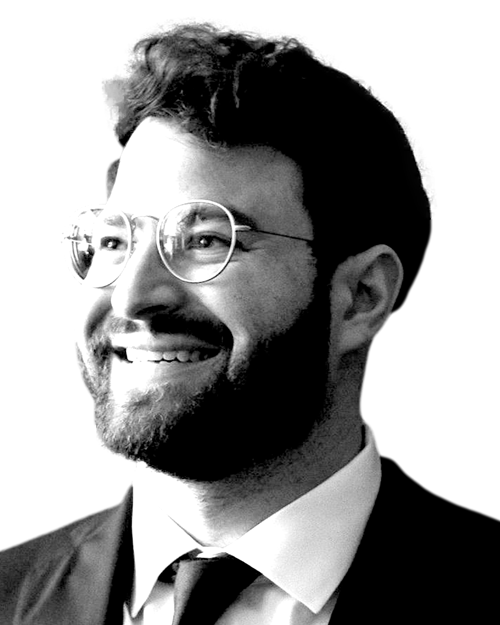What Rationality Means to Me
If life were a test—would you prefer that it were multiple choice or…

Does religion make sense? Depending on your disposition, this might be the least, or most, important question to ask about religious life in the contemporary age. As with many vulnerable areas of our faith, our attitude towards this question is a story in its own right. This month, we explore the question of rationalism and…
If life were a test—would you prefer that it were multiple choice or…

The belief that when we peel away cultural encrustations we will arrive at…

Your faith was strong but you needed proof… – Leonard Cohen Chanukah comes…

In this episode of the 18Forty Podcast, we talk to Zohar Atkins, Rabbi and philosopher, about the role that philosophy – particularly rationalist philosophy – plays in Judaism.
In this episode of the 18Forty Podcast, we talk to Zohar Atkins, Rabbi and philosopher, about the role…
In this episode of the 18Forty Podcast, we talk to an anonymous guest about the anxieties he experienced…
In this episode of the 18Forty Podcast, we talk to Simi Peters – author and teacher – about…
In this episode of the 18Forty Podcast, we talk to Samuel Lebens – philosophy professor and author -…
In this episode of the 18Forty Podcast, we talk to author Shmuel Phillips about the upsides and downsides…
In this episode of the 18Forty Podcast, we talk to Jeff Bloom about the assumptions that Orthodox Judaism…
In this episode of the 18Forty Podcast, we talk to Rabbi Steven Gotlib, a fellow at Beit Midrash…
In this episode of the 18Forty Podcast, we talk to Dr. Malka Simkovich, Crown-Ryan Chair of Jewish Studies…
In this episode of the 18Forty Podcast, we talk to Rabbi Shalom Carmy—philosophy and Jewish-studies professor at Yeshiva…
This is the kind of book that wins all awards known to humanity, and yet somehow is enjoyed by the lay reader time and time again. In this major hit, Daniel Kahneman, Nobel Prize winning psychologist and economist, brings readers into the systems of the mind. Kahneman paints a picture of a mind composed of two systems of thinking, System 1 and System 2, as he refers to them. In breathtaking clarity, Kahneman explores how the faults, flaws, and strengths of our intuitions and cognitive decision making rest in the marriage between these two systems. In Thinking Fast and Slow, Kahneman also offers us a way out, as he enjoins readers to think more about the way we think, and how we might think better.
If analytical philosophy—or rationalism—seems scary to you, remember that one can be a scout, not a soldier, and look at the world from without, with the hopes of entering even further within later. In this popular work, Galef urges us to utilize the viewpoint of the scout, over the soldier. Whereas the soldier attacks or defends a viewpoint, the scout surveys, assesses, and investigates, all to have as clear an understanding as possible. Put differently, one need not be a resident to be a guest. Think of the great words of Rabbi Joseph B. Soloveitchik, who thought the words “a stranger and a resident you have been among them” might reflect a similar truth, albeit in somewhat different circumstances. We can choose where we want to live, but that does not mean that we can’t visit or see other locales.…
What are the fundamental principles of Judaism? Perhaps one could say that debate about this thorny question has itself been one of the fundamental principles of Judaism, given the millennia of back-and-forth on the what, why, and hows of whether one can emphasize any articles of faith, doctrine, or practice over any other. In this work, philosopher and rabbi Samuel Lebens takes on the question with the toolkit of analytic philosophy, using the three principles of Rabbi Yosef Albo as a starting point. Lebens explores the most fundamental questions of Jewish faith, such as the creation of the world, God’s imagination, Moshiach, and a whole lot more. If exploring these questions from an analytical perspective seems like too much for you, you might appreciate Shmuel Phillips’ Judaism Reclaimed: Philosophy and Theology in the Torah. Phillips has spent decades learning Torah…
Support Jewish explorations today by supporting 18Forty. Your partnership makes our work possible.
Donate today.

